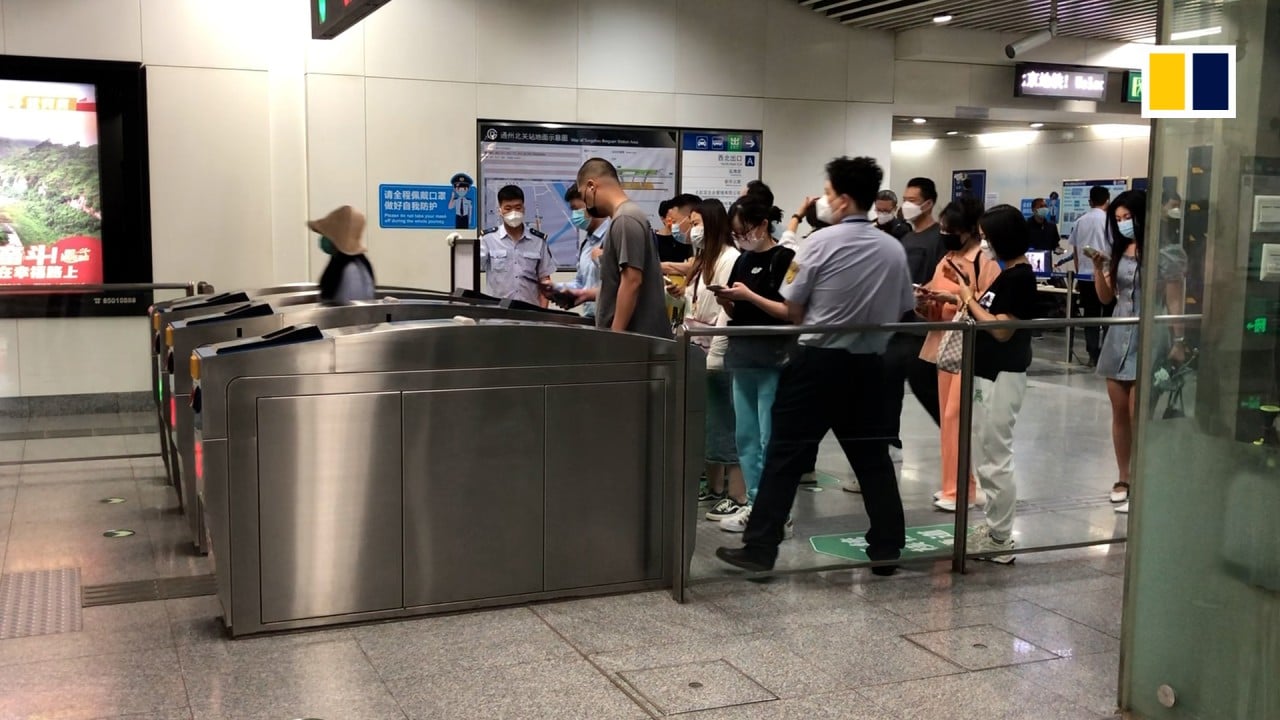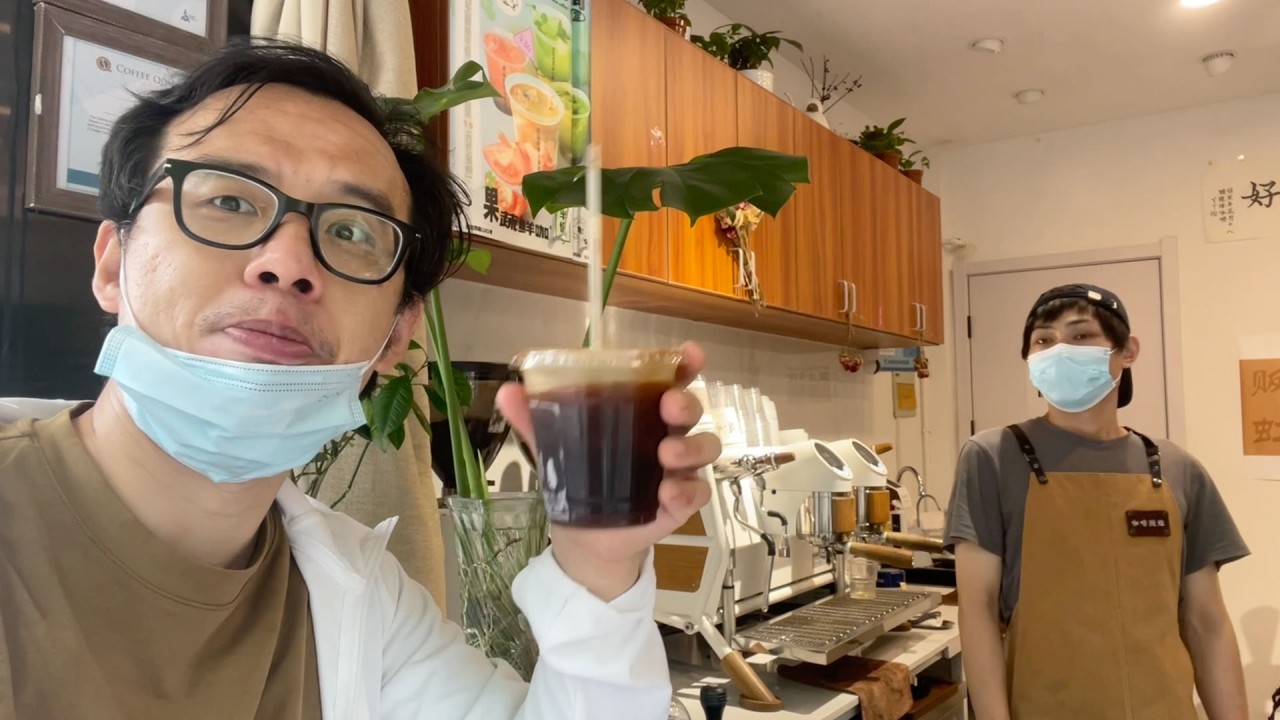
China’s new Covid-19 normal means ‘endless testing’, bewildering system, anxiety over expired results
- Shanghai’s residents may be free but life is still not easy when it comes to having the right health code
- Some parts of the country that have had no cases in months require people to show test results
But her enthusiasm cooled the first time she had to queue half an hour for a Covid-19 test.
Since the financial hub reopened at the end of last month, residents have had to present a negative Covid-19 test result taken within 72 hours to enter public places or take public transport.
Shu said she even had to take a test to collect deliveries close to her home.
“The endless Covid-19 tests are not to confirm my health status, but a ticket for me to go out,” Shu said. “This is ridiculous.”
The lockdown may be over for those who live in the city, but the “new normal” means having to navigate a complicated and sometimes bewildering system of tests and codes to get around.
And it is not just in Shanghai.
In Shanghai alone there were more than 500 test booths by early April, according to the city’s health commission. Yet, with frequent testing becoming a common requirement to enter many locations, long lines at the booths are still a common sight.
Rose Chan, who has been in Shanghai since 2020, said she feels constant anxiety about her test results expiring and spent a lot of time in queues.
Although the tests results are valid for 72 hours, Chan said she started getting jittery after about 48 hours, and felt an impulse to get tested every time she passed a testing booth “in case I’ve expired” – saying it was a bit like making sure her food was not past its use-by date.
Shu said that she had to plan around testing requirements, taking a Covid-19 test at least 12 hours before she wanted to go out because it would take some time for the results to appear on her health code app.
She also has to scan a separate app to get onto the subway, and different codes to enter a shopping centre and then a supermarket within the mall.
Some in Shanghai have suggested that the city adopt a centralised system like Beijing, which recently linked its health code system to its public transport ticketing system.
One Shanghai resident commented on Weibo that every time she went out she had to open several apps to show that she was fully documented.
“It’s a real pain. I do wish I could have one system in my city soon,” the resident said.
But Tsinghua University law professor Lao Dongyan said privacy could be a big problem with such an overarching system.
“Private information such as where we go, who we live with, and how we interact with our colleagues would be public,” said Lao in a Weibo post that was deleted soon after it was shared widely online.
Meanwhile, National Health Commission official He Qinghua has argued against “blindly expanding the range of testing”, saying testing “should not become a norm” in regions with no recent infections and that faced no risk of imported cases.
But there is no sign of testing easing in many areas.
Earlier this year, Henan province said it planned to train more than 50,000 sampling personnel. And the eastern cities of Hangzhou, Ningbo, and Wenzhou already appear to have more than 10,000 of the staff each.
Samplers and examiners are in high demand in big cities such as Beijing, Shanghai and Hangzhou, with job ads offering monthly salaries ranging from 5,000 yuan (US$748) to 15,000 yuan.
In Chaoyang, in the northeastern province of Liaoning, where there has been one positive case in the past few months, the city tests everyone every 15 days. But residents also have to present a negative Covid-19 result taken within 48 hours to enter public places – tests that they have to pay for themselves.
“Just to go outside to buy some spring onions, I’d have to pay 20 yuan for a Covid-19 test. I’d be crazy to do it,” student Zhang Ru said.
Zhang said that to avoid the extra cost she tried to stay at home and squeezed her appointments into the 48-hour window after the free compulsory mass tests.
Shanghai residents like Shu will also have to start paying for routine Covid-19 tests from July 1.
Several young workers in Shanghai said they were willing to cover the cost.
“I don’t care whether I need to pay or not,” fashion magazine photographer Roman Zhang said.
“I don’t care if I have Covid-19 or not. I only care if I can have a normal life here.”



